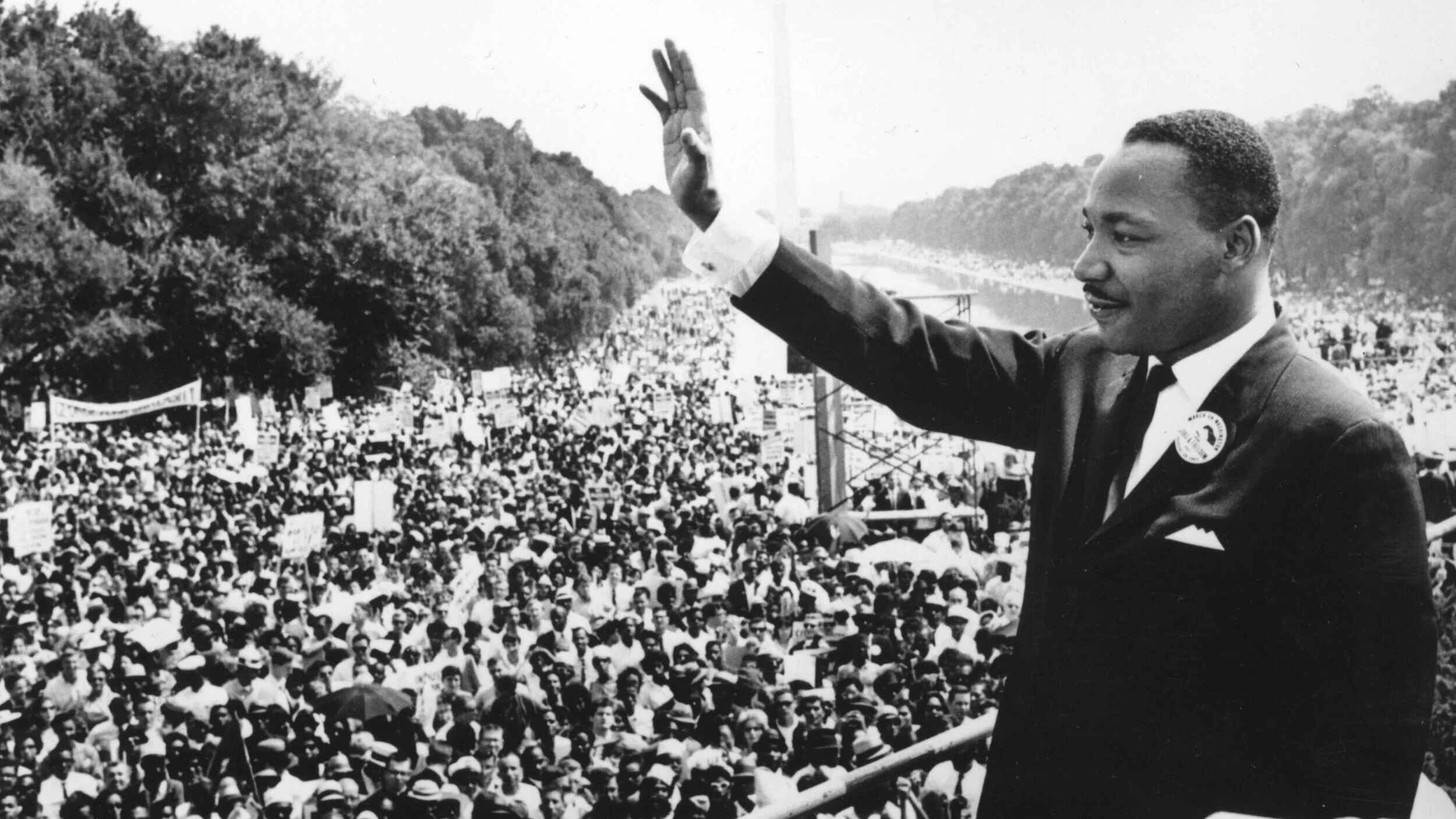MLK/FBI
A film to make us ponder to what extent American attitudes in the 1960s persist today.
Martin Luther King
If Asif Kapadia is the master of the documentary built on archive material accompanied by fresh comments on the soundtrack, MLK/FBI reveals Sam Pollock as a disciple. He may lack Kapadia's special flair but he handles the style with assurance and it proves an apt form for his purposes here. The 'MLK' of the title refers to Dr. Martin Luther King Jr. and Pollock's film looks at his life between 1955 and 1968, the year of his assassination in Memphis. The fact that 'FBI' is also part of the title underlines the particular stance taken by Pollard's film. Although MLK/FBI proceeds in chronological order and could be regarded as an able portrait of the Civil Rights Movement in which King with his rejection of violence was a key figure, the narrative unfolds in the context of the hostile attitude to this man on the part of J. Edgar Hoover and William C. Sullivan who made policy in the FBI.
The film comes at a time when certain FBI tapes relating to King have been declassified although others will remain unavailable until 2027. Clearly admiring of the man who is here described as America's moral leader, the film is no whitewash but adopts an historical perspective and asserts that two factors came together to explain the FBI's persecution of King. On the one hand, there was the country's fear of African Americans becoming a strong force, a notion linked to the threat of what was seen as their sexual potency; on the other, King had a white advisor, Stanley D. Levison, who had links with Communism. This was the period when rooting out Communism was an American obsession and the doctrine was seen as a belief system that might have special appeal to black Americans.
These elements caused the FBI to move beyond information gathering in the 1950s to increased surveillance and wiretapping. Out of that grew an explicit aim to destroy the reputation of Dr. King by obtaining taped evidence of sexual encounters grossly inappropriate on the part of a Baptist minister and a married one at that. While admitting his infidelities and misleading denials about Levison, the film hones in on the sex tape sent to King's wife accompanied by a concocted letter which suggested that the only way out for him was suicide. His behaviour was undeniably culpable as the film concedes but further serious accusations added to his file just before his death were altogether more dubious and what is beyond doubt is King's moral stance in 1967 in choosing to decry the Vietnam War albeit at the expense of losing the support he had gained from President Johnson.
If all this is history - and not necessarily unfamiliar history - MLK/FBI does make the significant point that the American public at the time were more in favour of Hoover than they were of King, that the behaviour of the FBI marked it not as renegade but as in line with what was considered acceptable by American mainstream opinion. The film thus offers a valuable portrait of the 1960s and of America's ill-judged belief that where dissent exists it needs to be suppressed: that's a warning for today.
MANSEL STIMPSON
Featuring Clarence Jones, Andrew Young, Beverly Gage, Donna Murch, Charles Knox, David J. Garrow, Marc Perrusquia, James Comey.
Dir Sam Pollard, Pro Benjamin Hedin, Screenplay Benjamin Hedin and Laura Tomiselli, Ph Robert Chapell, Ed Laura Tomiselli, Music Gerald Clayton.
Tradecraft Films/Field of Vision/Play Action Pictures-Dogwoof.
106 mins. USA. 2020. Rel: 15 January 2021. Available on VOD. Cert. 12.


